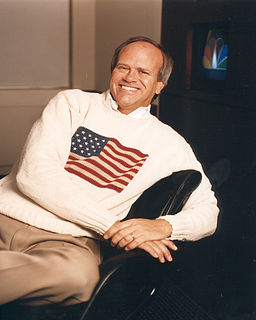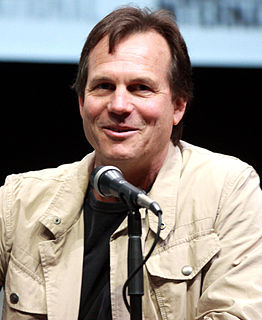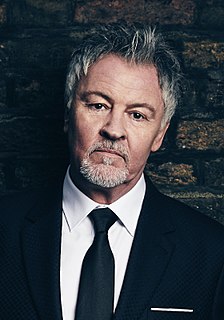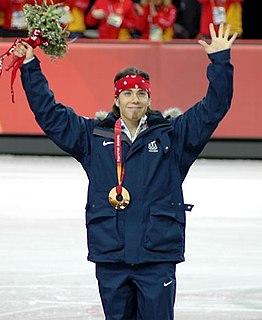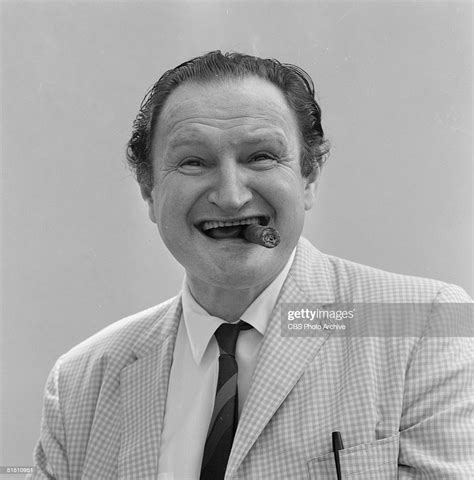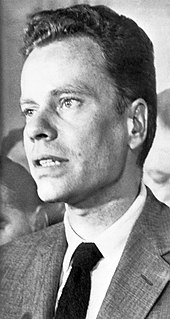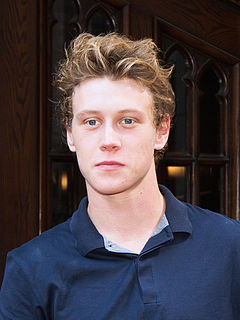A Quote by Irving Stone
Every human life had its pattern that had to be worked out slowly to its ultimate conclusion.
Related Quotes
I've always been a fast reader. Now I had to do it slowly, discussing each sentence. And every time I wanted to change something I had to come up with an intelligent defense I could be pretty sure that they would turn my suggestion down, as they had so many aspects to keep in mind. However, if I argued well, I could have a chance. I had to think of every comma, every word.
It is true you can be successful without [college], but this is a hard world, a real world, and you want every advantage you can have. I would suggest to people to do all that you can. When I dropped out of school, I had worked in the music industry and had checks cut in my name from record labels and had a record deal on the table, and when I wasn’t successful and Columbia said, ’We’ll call you,’ I had to go back and work a telemarketing job, go back to the real world, and that’s how life is. Life is hard. Take advantage of your opportunities.
Depression - that limp word for the storm of black panic and half-demented malfunction - had over the years worked itself out in Charlotte's life in a curious pattern. Its onset was often imperceptible: like an assiduous housekeeper locking up a rambling mansion, it noiselessly went about and turned off, one by one, the mind's thousand small accesses to pleasure.
I never had one day that I didn't want to be on the ice, because I always had an objective for that day. I had a rigorous plan and schedule in place that I had to adhere to. It was a step-by-step process of slowly but surely inching toward the Olympic Games and using every day as a series of goals to be accomplished.
I had run away from home three times. I had been kicked out of three different schools under different circumstances. I was kicked out of everything that I didn't quit. Kicked out of schools. Kicked out of summer camp, the Boy Scouts, the altar boys, the choir, and something else that I can't think of, that I'm proud of. Anyway, that was my pattern. I just began to invent myself early in life, and went out and did something about it.

